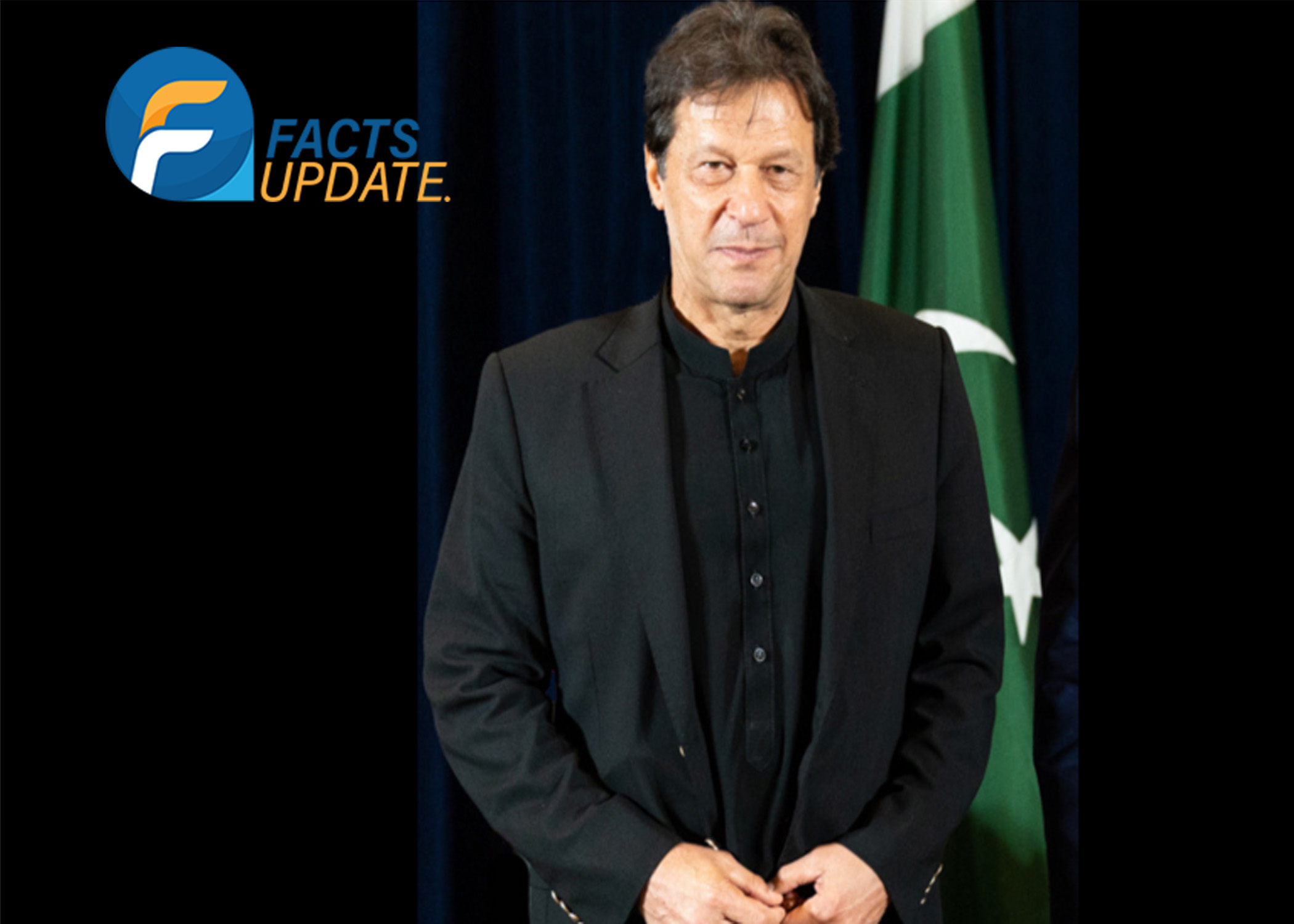Current scenario about politics in Pakistan:
The political environment is highly volatile with Pakistan heading into general elections slated for February 8, 2024. Political and economic crises have been the norm in the country coupled with polarizing dynamics from key political factions, most of which include former Prime Minister Imran Khan’s PTI and traditional parties like Nawaz Sharif’s PML-N and the Bhutto family’s PPP.
Despite Imran Khan having been imprisoned and victim of persecution, he still commands gigantic grassroots support, particularly by the youth and middle class in Pakistan. PTI had been through extreme state-led crackdowns that have been disqualified from the ballot under their official symbol; still, candidates for his party could win a share of public support and compete against the stronghold of parties being supported by the establishment.
The reason being economic instability due to high inflation rates and currency fluctuation faced by the country. Also, a weak fiscal frame combined with political uncertainty within the nation. As say, a lot will depend on the result of the elections to come and their management. Any election or dispute over results will be witnessed to continue unrest in the country. On the security front, Pakistan continues to face increasing threats, mainly from militant groups operating in the border areas. This creates another challenge for the priorities of governance and reform of any new government.
While some people expect to see improvement after the elections in foreign relations and economic policies under a stable government, this road is full of challenges for structural reforms, institutional credibility, and managing civil-military relations.
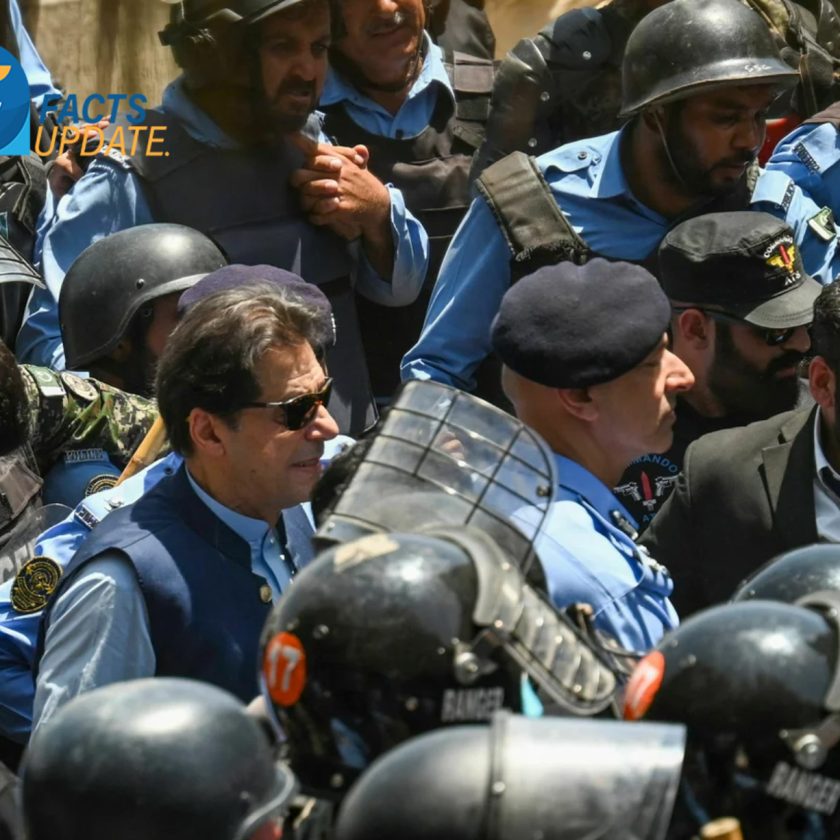
Imran Khan freed from the jail:
Former Prime Minister of Pakistan, Imran Khan, has been released on bail from the Supreme Court on 6th December 2024 on a case involving leakage of state secrets. He’s likely to be behind the bars however since there are other warrants of arrest against him. Release from the jail cannot be confirmed since his surety bonds are needed while his legal team manages other legal hurdles which are likely to delay his discharge.
However, Khan’s legal issues have affected his political activities since the national elections in Pakistan are approaching in February 2025. He is at present barred from running for an election because of a conviction of corruption, but his release may enable him to actively campaign for his party.
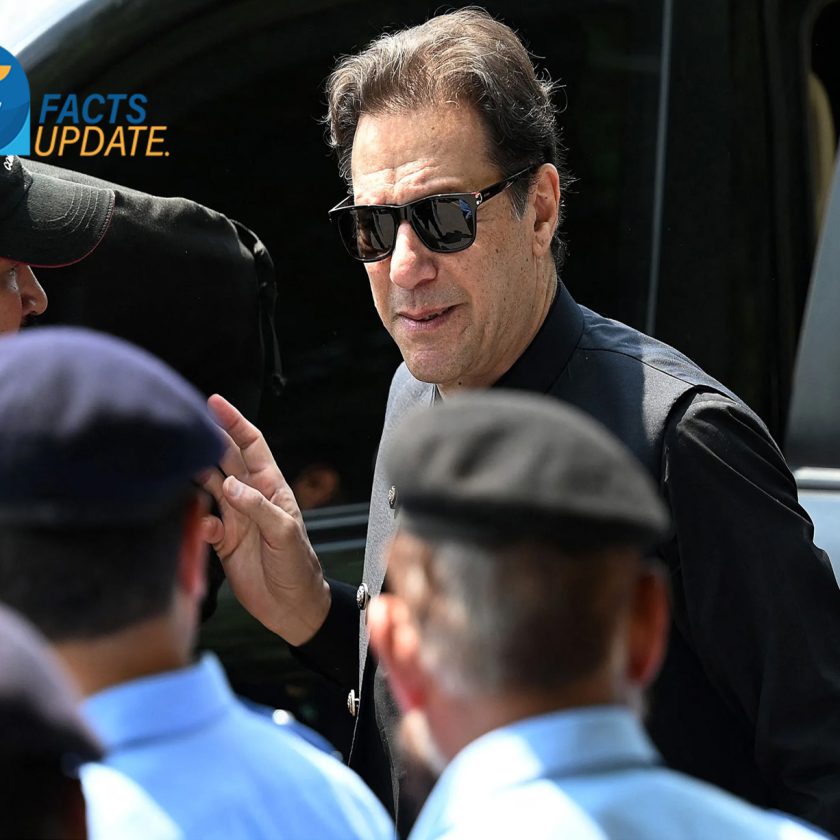
Analysts of the most recent situation in Pakistan and Imran Khan says:
Some experts have publicly aired such mixed views over the current Pakistani political scenario and Imran Khan’s position in it. The main findings are as follows:
Despite all these problems, Imran Khan and his party, Pakistan Tehreek-e-Insaf (PTI), continue to be in favor among the masses, especially the urban populace and younger age groups. Most believe that despite the imprisonment of Imran Khan on corruption charges and other allegations, and a strained relationship with Pakistan’s powerful military establishment, it hasn’t severely impacted the support base. The exclusion from the next elections and the resultant concerns about the fairness of the electoral process, however, created unease.
Legal Troubles Tarnish the Sentence:
The corruption charges and revealing state secrets have marred the “clean politician” image at the core of Khan’s political agenda. Analysts say this is part of a bigger strategy to keep him out of the electoral arena, an even bigger issue related to interference from the judiciary in political results.
PTI’s Issues:
The PTI is further burdened by internal organizational issues and problems of mobilizing effective protests. Protests for the release of Khan were disorganized, and the state opposed these protests strongly that only made the supporters more hopeless. Analysts say that this mishandling has brought a strain on party morale.
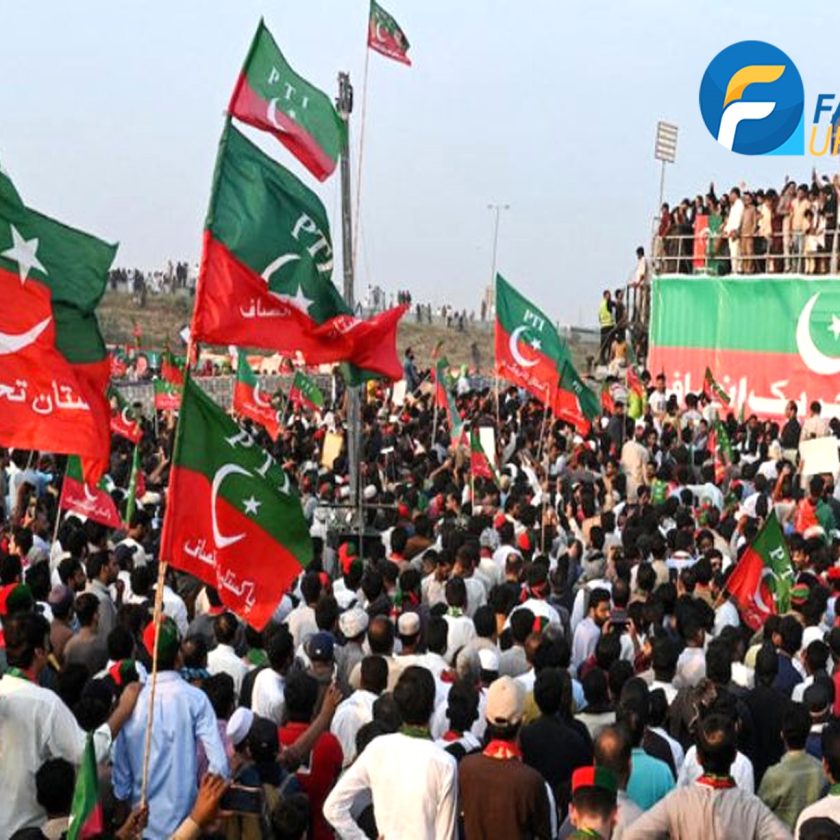
Electoral dynamics and military role:
With the exclusion of Khan and PTI from the mainstream electoral arena, this is one of the least competitive elections in Pakistan’s history. According to critics, the military remains a strong influence in deciding political dynamics. In some quarters, Khan can also make a comeback if things improve with the establishment.
In general, this reflects deep strains within democratic institutions, civil-military relations, and in public opinion in Pakistan. Most analysts emphasize that the political environment remains volatile and uncertain.
What will be the scenario after Imran Khan gets bail from jail and punishment?
The situation in Pakistan after Imran Khan’s bail and continued legal tussle is going to be tensed and politically volatile. Based on expert opinion, it has been widely discussed among other possible consequences as follows:
- Political Mobilization and Public Sentiment:
Imran’s release will be energizing his supporters and may further have mass mobilization. In any case, many in and around PTI already treat it as politicized imprisonment giving strength to the victimize narrative and resistance against the establishment.
Public Demonstrations: The most likely scenario could be mass demonstrations demanding reforms in judicial and political systems if Khan is allowed to contest elections after his release. - Effect on Future Elections:
The PTI may try to use the freedom of Khan to mobilize voters and question the legitimacy of general elections scheduled for February 2025. That seems unlikely with disqualification in place, and maybe the party would look to try to consolidate its voter base.
Opposition Strategies: When PTI gains pace, opposing parties as well as the state may look to undermine it by more aggressive judicial or administrative action to clip its political wings. - Civil-Military Relations:
Possible Reboot: Experts believe that his political future lies in patching up with Pakistan’s military. If he could reach détente, then he would regain some political space though his independence will probably be curtailed. On the other hand, if Khan continues to contest the establishment, this would definitely lead to a protracted political instability and continuous clashes between his supporters and state institutions. - Economic and Social Effects Economic Crisis:
Political instability would discourage foreign investment in Pakistan and worsen the already looming economic crisis. Moreover, public services and governance would strain with prolonged unrest. - Social Polarization: Khan’s polarizing leadership style has already divided public opinion. His release might add depth to societal fractures and divide people into those considering him a hero fighting the systemic corruption and others, a destabilizing force.
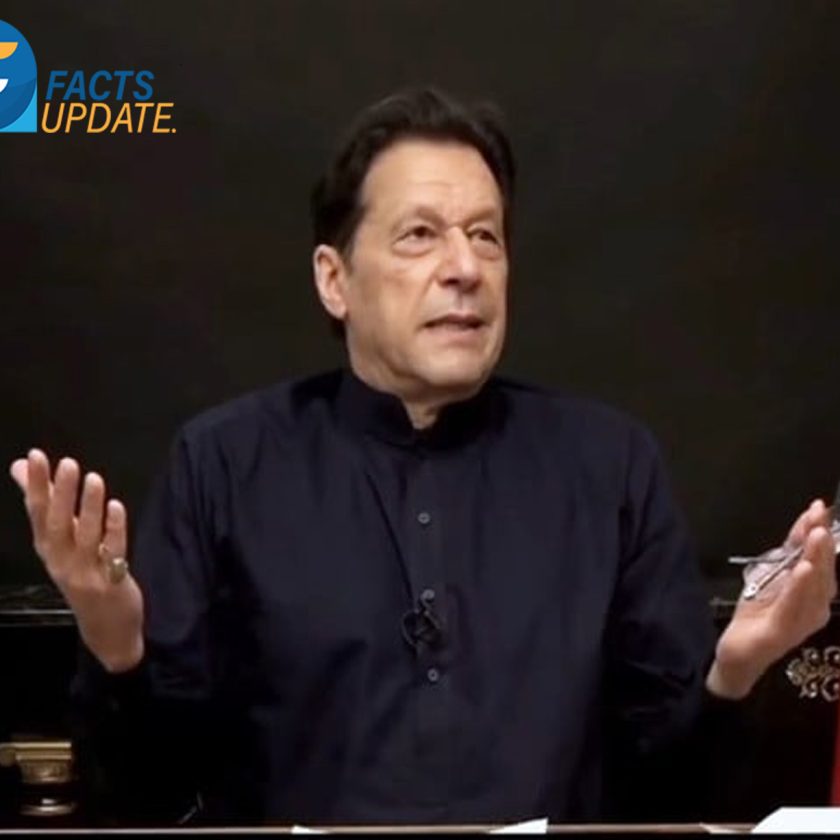
Conclusion:
Imran Khan’s release is unlikely to silence the political storm in Pakistan. The larger issues of judicial integrity, military influence, and economic stability will determine the country’s course for much longer. The next few months, especially the general elections of February 2025, will decide the long-term implications of these developments.

